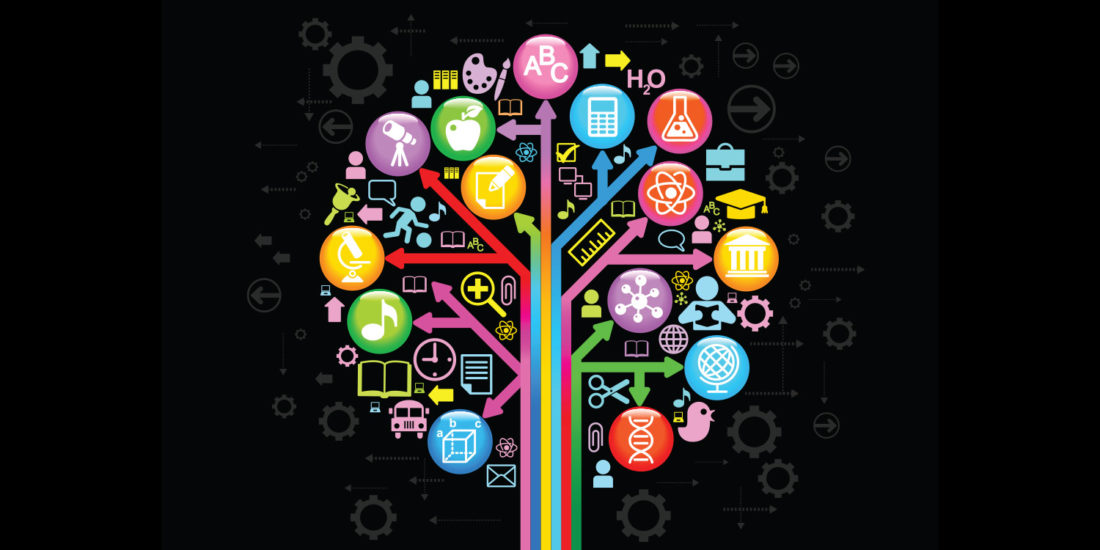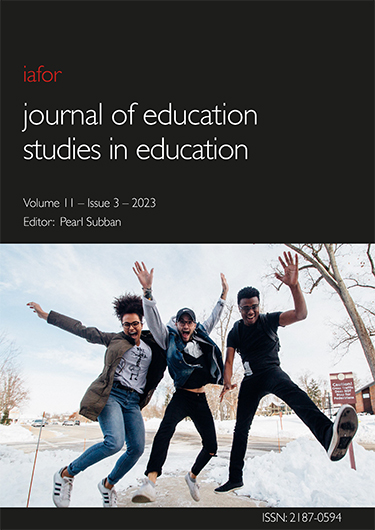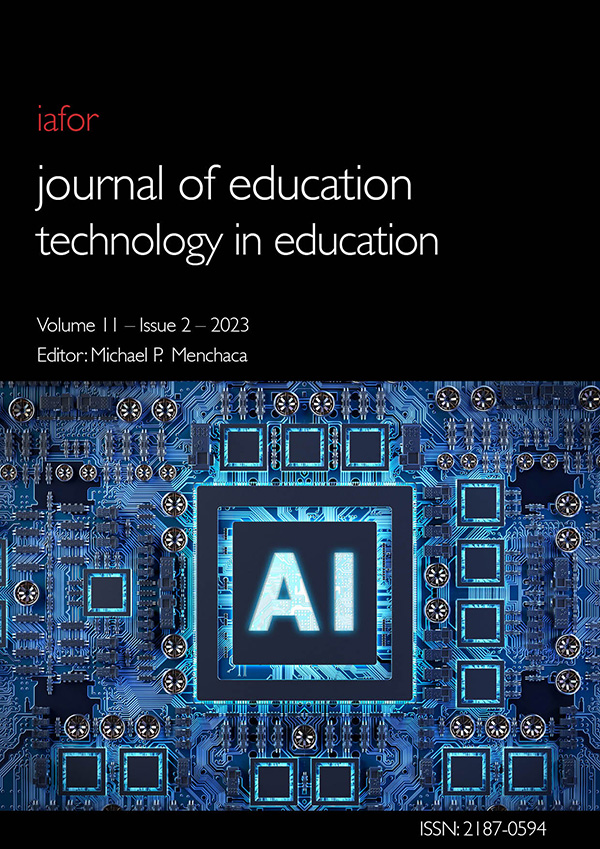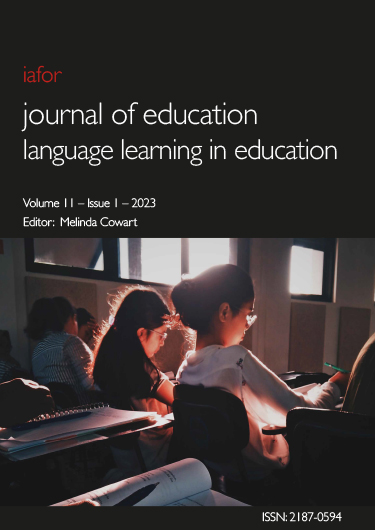ISSN: 2187-0594
Journal DOI: https://doi.org/10.22492/ije
Contact: publications@iafor.org
(Please do not send submissions to the above email. Papers can only be sent via the submission portal on website during submission periods.)
As an education journal, the IAFOR Journal of Education (JoE) encourages interdisciplinary research where the primary focus is on addressing critical issues and current trends in education. This would include exploring significant themes, exceptional programs and promising practice in the field of education and educational policy. The anticipated audience is preservice and inservice teachers and administrators, university faculty and students, education policy makers, and others interested in educational research.
Currently (and since 2021) the journal publishes three themed issues a year: a language learning in education issue in May; a technology in education issue in August; and, a studies in education issue in December (the broadest scope of the three). Please see below for this year's Publication Timeline and last year's Acceptance Rates.
JoE is an internationally reviewed and editorially independent interdisciplinary journal associated with IAFOR’s international conferences on education. Submissions are open to everyone and all papers are reviewed equally according to standard peer-review processes. Like all IAFOR journals, it is freely available to read online, and authors are not required to pay submission or publication charges of any sort. The first issue was published in May 2013.
Indexed in: Scopus, SCIMAGO, DOAJ, ERIC, EBSCO Discovery Service, MIAR, TROVE, ROAD, Scilit, SHERPA/RoMEO, WorldCat, Google Scholar, Mir@bel, LENS.ORG, ScienceGate, Dimensions, scite__ and Ulrich's™. DOIs are assigned to each published issue and article via Crossref.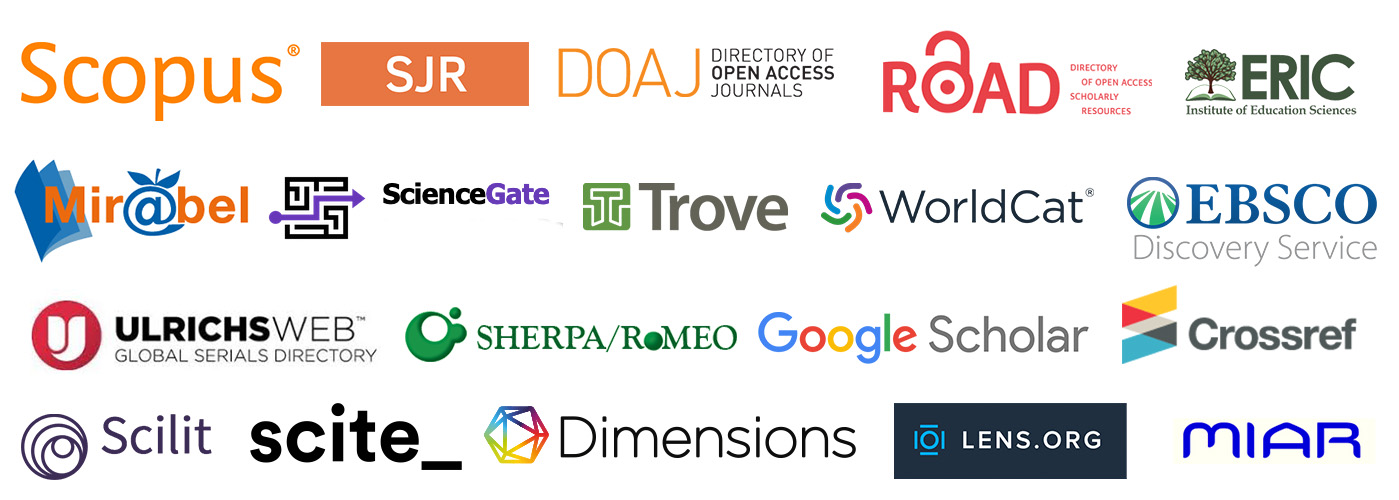
Recent Issues
The Publication Timeline for 2024 is as follows:
Volume 12 Issue 1: Language Learning in Education
Submissions open: Tuesday January 16, 2024
Submissions close: Monday February 26, 2024 (9am JST)
Target publication: Thursday May 30, 2024
Submissions Closed
Volume 12 Issue 2: Technology in Education
Submissions open: Tuesday April 23, 2024
Submissions close: Thursday May 23, 2024 (9am JST)
Submissions OPEN
Target publication: Tuesday August 27, 2024
Volume 12 Issue 3: Studies in Education (Subtheme: The Future of Learning)
Submissions open: Tuesday June 25, 2024
Submissions close: Thursday July 18, 2024 (9am JST)
Submissions Closed
Target publication: Tuesday December 10, 2024
Subtheme: The Future of Learning
We live in a world of flux, where the educational landscape is fluid, not fixed. Education, through teaching and learning, has had to adapt to accommodate this shaping and reshaping through three pivotal elements. Firstly, conflict, social and economic demands have shifted attention to sustainability and social justice. There is now a progressive emphasis on teaching critical thinking, soft skills and sustainability. In this context, preparing students to be responsible global citizens in a rapidly changing world, has become paramount. Secondly, our world continues to adjust following the global pandemic, with more institutions considering online platforms and hybridised classrooms. Greater flexibility is encouraged to support students and their well-being, encouraging more resilient and responsive teaching methods. Thirdly, technology, the advent of Generative AI, and the integration of a range of machine learning, continues to significant influence this landscape and contributes to its fluidity. Educational institutions continue to rely on digital tool to enhance learning and teaching.
This issue of Studies in Education, invites contributions in line with these three aspects:
-
- Sustainability and social justice;
- Flexible and responsive teaching and learning programmes.
- Technology (and its impact on educational delivery).
Aligned with this, contributions may include (but are not restricted to):
-
- Educational Policy and Reform
- Developing soft skills in the classroom
- Hybridised or blended learning
- Personalised learning
- Future skills and curriculum development
- Ethical considerations in educational technology
- Globalised education
- Sustainable education practices
Please note:
- Authors who use AI tools in the writing of a manuscript, production of images or graphical elements of the paper, or in the collection and analysis of data, must be transparent in disclosing in the Materials and Methods (or similar section) of the paper how the AI tool was used and which tool was used. "Authors are fully responsible for the content of their manuscript, even those parts produced by an AI tool, and are thus liable for any breach of publication ethics".(COPE, February 2023). See our Publication Ethics page HERE.
- Once an article has been rejected, an author cannot resubmit either an amendment to this article or another article for this issue of the journal.
- We will only accept one submission from any author in a particular issue and no more than two submissions, in different issues, over the course of a year. This includes both individual and shared authorship. If you submit as an individual you may not be a shared author on another submission, and vice versa. Also, if you have had a submission rejected you cannot be an author on another paper for that same issue.
Published May 31, 2023
Published August 26, 2023
IAFOR Commitment
IAFOR believes in “Open Access” publishing, and since 2009, has been committed to maintaining an online searchable research archive that offers free access to anyone, anywhere, where there is Internet access, regardless of institutional affiliation or scholarly rank. IAFOR publications are accessible on the website (Open Access) to researchers all over the world, completely free of charge and without delay or embargo. Authors and contributors are not required to pay charges of any sort towards the publication of IAFOR journals.
License and Copyright Statement
Abstracts, research papers, and video footage are published under an IAFOR user license and are protected by copyright. Users may access, download, copy, translate, text and data mine, redistribute, display or adapt the articles for non-commercial purposes provided that users follow the guidelines set out in the IAFOR User License.
Journals and other forms of print and digital media will be made available by IAFOR to the general public on an online, Open Access basis. By publishing their work with IAFOR, authors enter into an exclusive License Agreement, where they have copyright but license exclusive rights in their article to IAFOR as the publisher.

